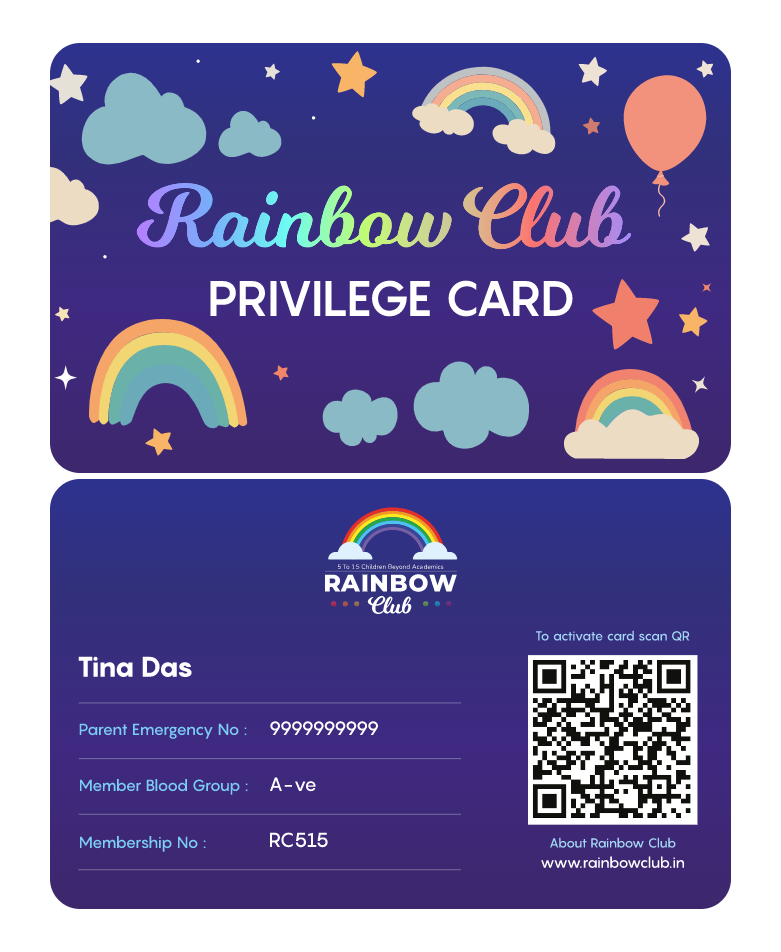How to deal with Bad Habits of your child
Expert session Questions and Answers
Sucking is very natural at an early age and is the only known behaviour to babies. You can try pacifiers for some time and reduce it gradually. Hand/ thumb sucking can be infectious, addictive and can create problems when teeth are coming out.
You can check him for urinary tract infections and worms once. Once those are ruled out, bring in a proper plan to get rid of the habit. Understanding of whether the child needs to go for washroom comes at different ages at times. It might take a little longer but you can help him in the process. Like for example when he is making faces which indicate potty, take him to the washroom and let him know that this is a signal. Also taking them to the washroom at regular intervals or at a fixed time helps. Every time they wake up from nap etc. Overall don’t worry about it, it will come before preschool
Mostly it’s to seek comfort by holding on to something. Sometimes children want some sensation all the time even if it’s pain by pulling their hair. It’s fine by them, you can replace these habits by giving something else to play with. Keep changing the objects, brushing their hair softly also helps.
While trying to break any bad habit we need to follow this path. Awareness creating, discussing why this habit is bad, how this is hampering the child. Then replacement- we have to give some other replaced good behaviour to the child. Third motivation with positive reinforcement or negative reinforcement which is not punishment but withholding something you promised if they leave the habit.
Let’s just define bad habits first. Those behaviours which are harmful to children and others which are difficult to stop by the child even if parents insist which is creating hurdles in the growth of the child.
Hyperactivity is an issue for many but that just means they have lots of energy and little focus. We can give some supervised short term activities which generate some product, which children can flaunt and be proud of, instead of screen time.
You can break studying at night by using the steps. First awareness, how it’s not healthy. Provide quiet time and space during the day, explain how that’s better. Give rewards when he follows the new pattern. Discuss how he is doing great, praise.
Many times children have pain in gums and teeth so they don’t want to brush. Consult the dentist first, then if everything is ok follow steps of habit modification stated above. Make a fancy chart to put on the fridge which will display days she brushed. Give her a fancy certificate when she completes a week, month etc. Important things while changing habits of children-
Cooperation of child is a must, Consistency by parents is a must, communication between parents and children throughout is a must.
Picking of the nose could be a result of dry mucus. Having something to do with hands liking the stress release when they pick the nose. Find out the reason behind it for your child. Help her clean her nose in the morning once properly. Give her replacement behaviour to keep hands occupied. Also come up with a relaxation strategy to get rid of stress if that’s the reason.
Cranky ness comes from if they are bored or irritated, some issues with digestion and a number of reasons but if you feel there is nothing else wrong and it’s just her habit then be firm. Design a strategy, get everyone in the family on board including the child and run this program of changing the habit of being pushy of her demands, learning to trust and be patient. Be truthful to the positive and negative reinforcement you decide, no matter what. Trace the progress, don’t give up unless there is change.
Yes, for example if I tell the child that if he brushes his teeth everyday, Monday to Sunday twice, we would have a pizza party on Sunday. If this happens everyday without fail, I have a big celebration with a pizza party. This shows positive reinforcement. But if a child misses a couple of days, then we don’t eat pizza on Sunday no matter how much crying and begging happens. This is negative reinforcement.
Yes, nail biting could be a result of fingers sucking, could be stress release activity, could be due to boredom. (An ADHD child tends to do it because they need some activity). First explain why it’s bad, unhygienic, then discuss a plan of getting rid of the habit, cut nails closely, give replacement activity. If it’s stress related, understanding why the stress, when and why it comes and then working on the stress is important.
It’s the side effects of trying to focus. Bring awareness, click a picture and show them how it looks, funny and not cool. Then take agreement to work on getting rid of the habit and follow steps. Making a chart of the behaviour and tracking how slowly but steadily the child is reducing habit helps. Reinforcement helps.
There are no major problems. Eating junk food can be reduced with firm no, explaining why not to eat and mainly not bringing any at home. Then the behaviour of not talking to new people is also not bad, it’s rather good. Children need familiarity, trust before being okay with new people that’s good. Play habits change as they grow and that’s absolutely fine. Waking up in the middle of night could be due to bladder fullness, dreams or too much sleep in the afternoon or not being tired enough.
It’s a comforting activity, needs to get a replaced activity. Have a disciplined sleep routine, try different ways to give her comfort she needs. A new soft toy to hug instead of thumb in mouth. Reward her in the morning by praising because she did not put her thumb in her mouth. You can also explain the teeth would hurt. Removing the thumb and giving some other soothing like a bedtime story, soft singing.
It’s fear of missing out on fun stuff. He is old enough to be explained problems with having this habit. Before he starts playing, ask him to visit the washroom. Reward if he does otherwise withhold his tv, mobile time. He will eventually learn. Have a chart which will display how good he is doing. Replacement activity examples: Stress ball squeezing, playing with fidget spinner, rubik’s cube.
Number of ADHD has increased. Children need something to engage their energies and have something to do. Not all children but a large number nowadays is the result of lifestyle change than when we were young.
Yes. First most important is that children won’t change something because we want them to change, they need conviction. Please communicate why and how to change something. It has a plan, steps, it takes time and the results are good, then children don’t mind trying. Also every behaviour has a thought process behind it which gives rise to some emotions and then behaviour is produced so working on thoughts is important (for ages 5 and above) for younger children. Awareness of what’s wrong they are doing, giving replacement behaviour and rewards is the flow.
To be part of the online sessions subscribe HERE
To volunteer for a session , if you are an expert , fill your details HERE

Aparna Dixit – How to deal with Bad Habits of your child
